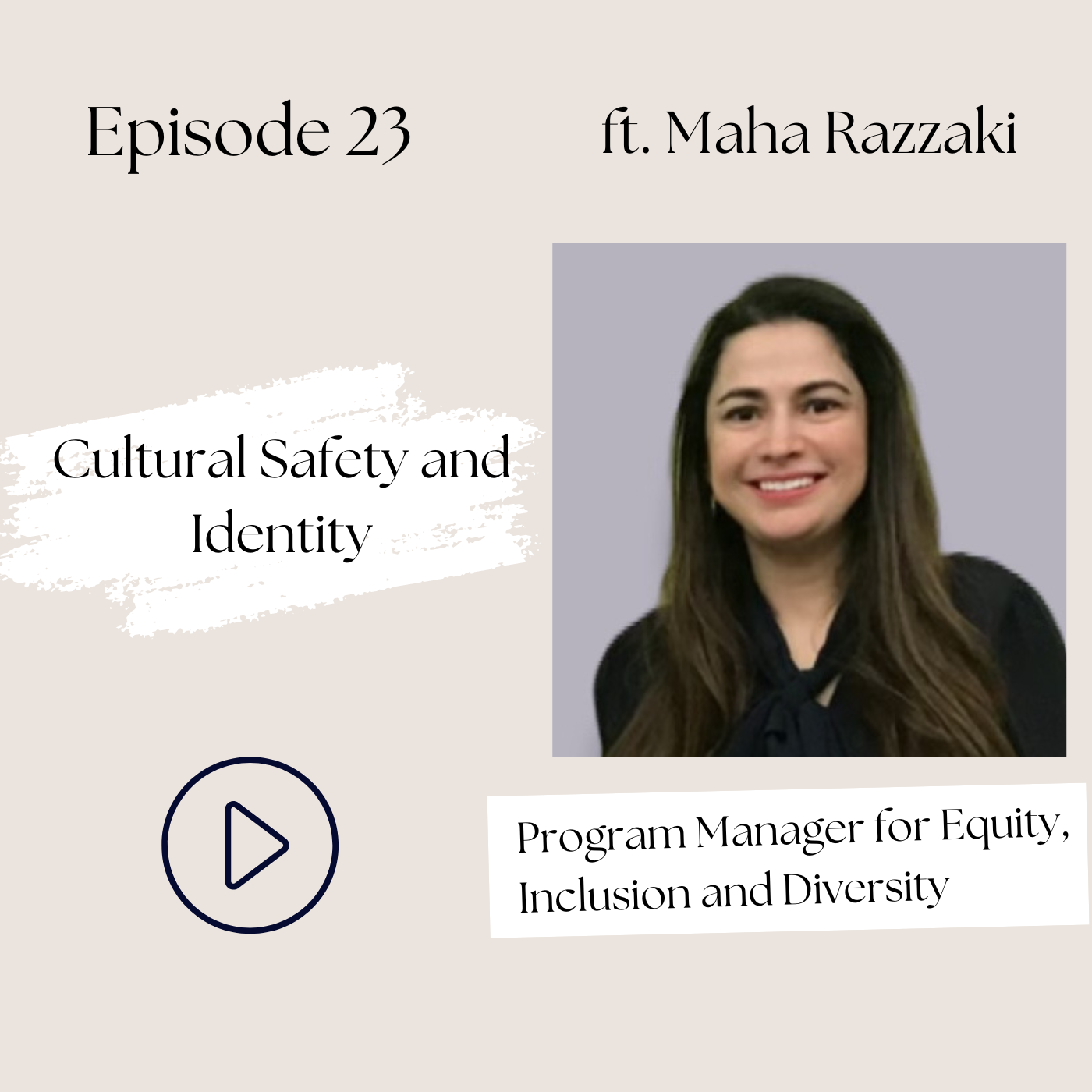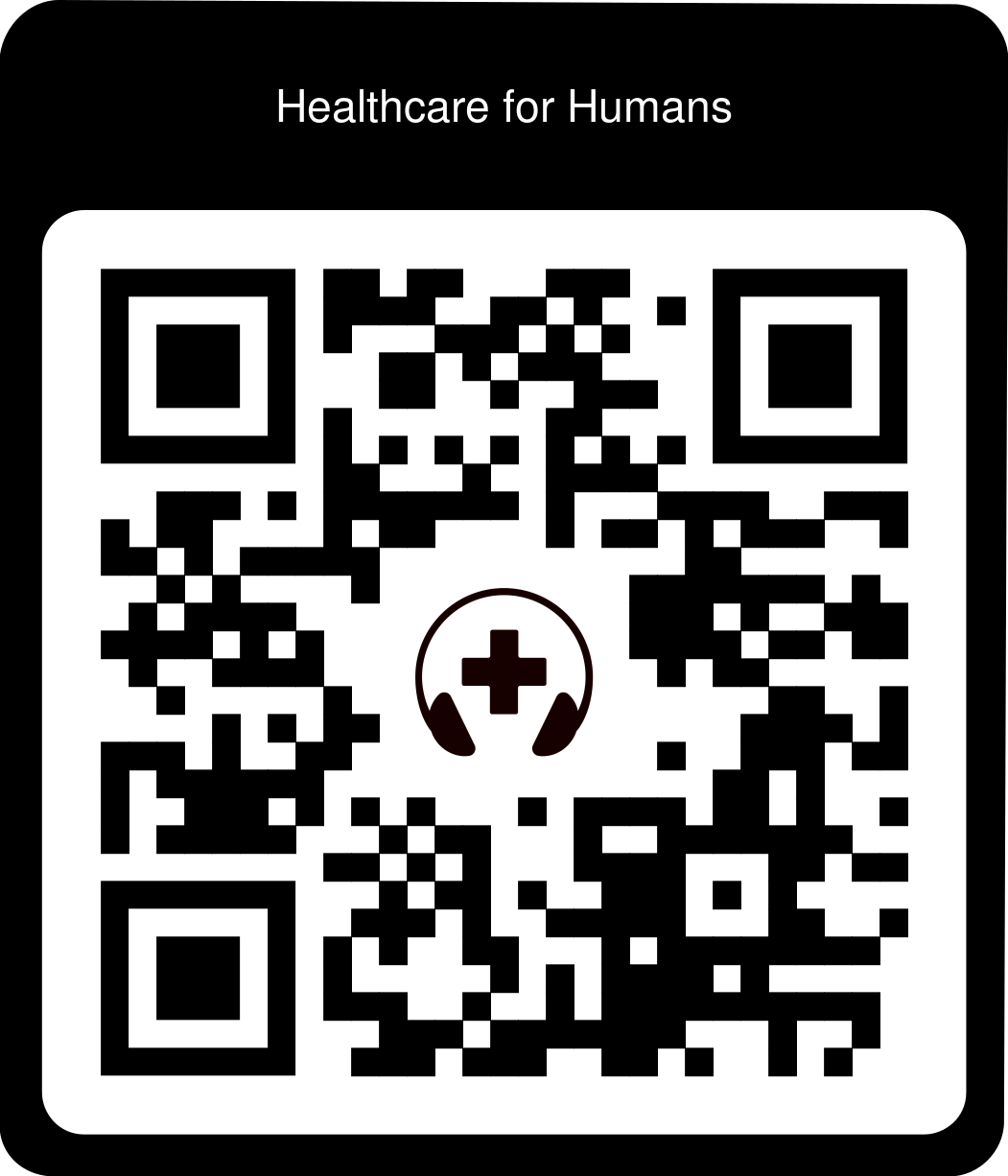Reflection Series—The Power of Cultural Humility and Cultural Safety to Transform Healthcare (Maha Razzaki, Ep 23)
Join me, Dr. Raj Sundar, and my colleague Maha Razzaki, as we navigate the complex terrain of cultural competence, humility, and safety in healthcare. Listen in as we delve into the differences between these concepts and their impact on providing culturally responsive care. Maha shares her experiences as a Program Manager for a Member Equity, Inclusion, and Diversity Program, and we discuss the importance of listening to diverse community voices to build meaningful connections.
In this discussion, we take an in-depth look at cultural humility, a practice that can move us beyond cultural competency. We discuss the model minority myth and its erasure effect on the challenges that Asian Americans face. We also talk about understanding the power dynamics between clinicians and patients and how cultural humility can help build rapport.
We also examine the complexities of identity and discuss the role of cultural safety in healthcare. Lastly, we touch on the difficulty of speaking up against a power dynamic in healthcare and why it’s crucial to recognize and appreciate one another’s contributions to the healthcare system.
(0:00:00) – Cultural Competence and Humility in Healthcare (10 Minutes)
We explore the differences between cultural competence, cultural humility, cultural safety and the dizzying number of terms to define culturally responsive care. We also explore the layers of identity we all hold and how to redefine these concepts to serve our needs better. Maha Rezaki joins me to discuss her journey of becoming a Program Manager for a Member Equity, Inclusion and Diversity Program. We also talk about the importance of listening to diverse community voices to understand them better and build more meaningful connections.
(0:09:34) – Cultural Competency and Cultural Humility (9 Minutes)
We discuss how cultural humility is a practice that moves us beyond cultural competency. We explore the array of terms used to define culturally responsive care and the importance of centering diverse communities’ voices and lived experiences. Additionally, we examine how the model minority myth can lead to erasure and invisibility of struggles that Asian Americans face and how to ask questions to get to the root of an issue.
(0:18:23) – Understanding Identity and Cultural Sensitivity (13 Minutes)
We explore the concept of identity, discussing how each of us holds an individual, group, and collective identity. The importance of understanding different cultural backgrounds, the power dynamics between clinicians and patients, and how cultural humility can help build rapport are discussed. Additionally, the concept of patterns and power in the context of cultural safety is explored.
(0:31:22) – Stereotypes and Growth in Clinical Settings (3 Minutes)
We investigate the effects of stereotypes on individuals and the implications for clinicians and their patients. We consider the challenges of creating a safe environment where patients feel comfortable to speak up about their experiences and explore how cultural humility can help foster a culture of open feedback and growth. Additionally, we explore the complexities of identity and the importance of understanding the differences between individual, group, and collective identity.
(0:34:42) – Creating Cultural Safety in Healthcare (6 Minutes)
We talk about how our sense of purpose drives us and how mindfulness of muddita and karuna can help us strive for healthcare betterment. We consider the fear of being canceled and the fear of litigation, and how they can lead to defensiveness. We explore how understanding the context of a patient’s life and experiences can help to create cultural safety not only for them, but also for our colleagues. Finally, we discuss tools that can help us to foster cultural safety and reflect on how we can create a safe space for our patients and colleagues.
(0:41:09) – Fear of Speaking Up in Healthcare (1 Minutes)
We consider the difficulty of speaking up against a power dynamic when it comes to healthcare. We discuss the courage it takes to do so, and the importance of recognizing and appreciating one another in the healthcare system.


































